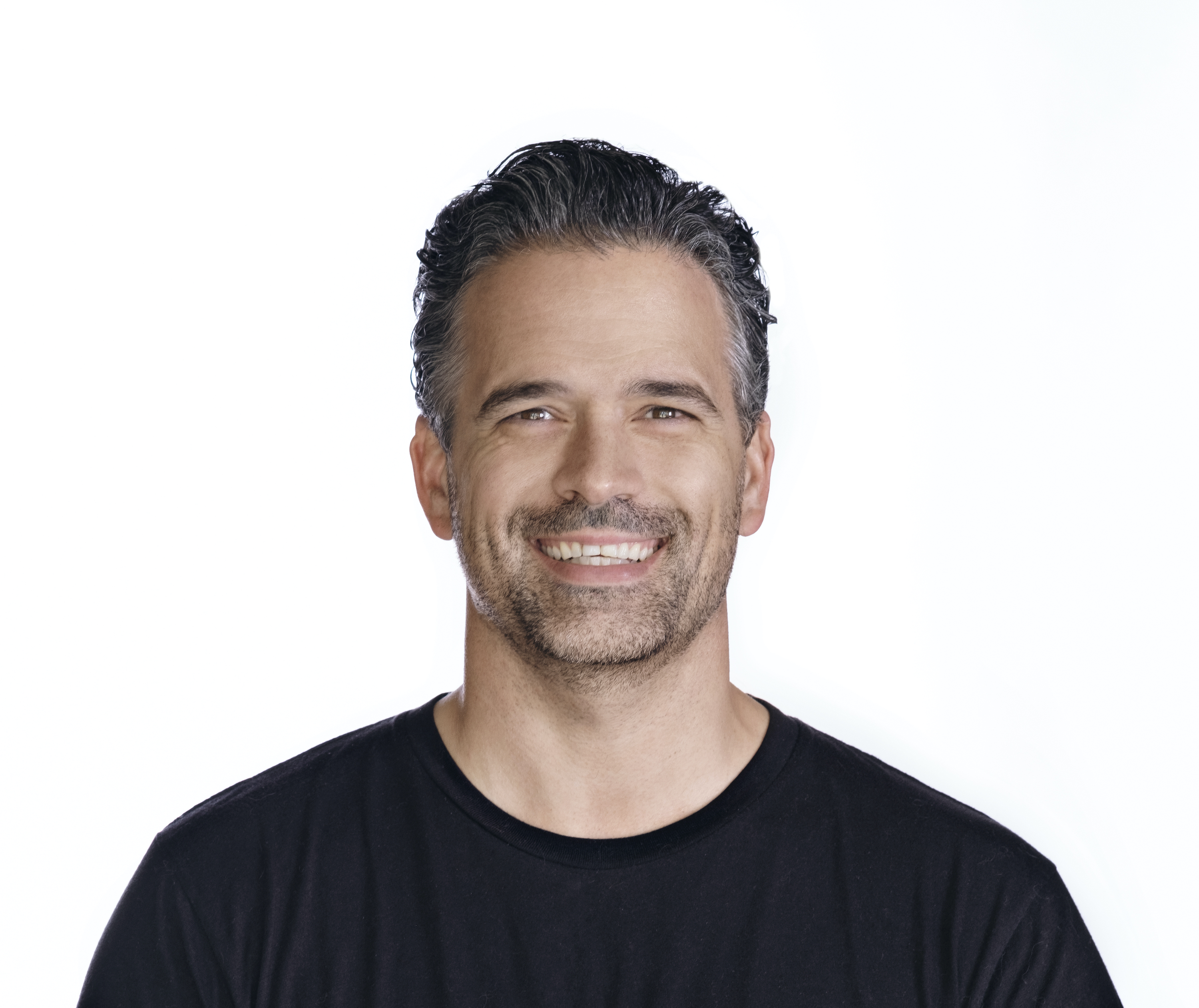There are no shortcuts you can take to become a better writer.
Sure, you can learn different hacks, tips, and tricks to improve your prose. But the process of developing your ability as a writer is a marathon—not a sprint.
Now, I don’t claim to be a master of the English language, and I don’t possess a degree in literature. If anything, I have a difficult time parsing sentences, and I don’t know a lot of technical jargon, like, “What is a predicate?”
Shoot.
I have a tremendous fear of writing. I have to punch fear in the face every time I sit down to write anything, and I mean anything—including a tweet. But over the years, I’ve been able to slowly improve my writing by accidentally embracing Stephen King’s advice, “If you want to be a writer, you must do two things above all others: read a lot and write a lot.”
So, here’s the deal: If you want to become a better writer, you need to become a voracious reader. You see, attempting to write without avidly reading is like trying to pull water from a dried-up well. There’s nothing there.
If you want to write anything—whether it’s a Facebook update, blog post, or book—you need to have a storehouse of words to pull from. You need to have in your possession a robust vocabulary, stories to help you illustrate your point, and the only way you can build such a repertoire is by reading.
Filling yourself up with words is the best way for you to fuel your writing. From books, magazines, long-form journalism, blog posts, and everything in between, reading will help you develop your skills as a writer.
Before you go off and pick up a random book from your shelf or Kindle, there’s a method you need to go about your reading. Reading, in general, is helpful, but if you want to become the best possible writer you can, you want to have a plan in place. Here are five steps to help you get started.
1. Start reading now
There’s no better time to start reading than the present.
Don’t believe the lies that you’ll never be able to hone your skills as a writer or read more books. The best time to start is now.
What you read will become a part of your storehouse of knowledge, ready for you to pull from at any given moment. But, before you subscribe to 100 blogs or purchase a ton of new (or used) books, take a breath. Reading is a long-term plan, and you will want to set yourself up for success.
If you’re not reading as much as you like, then make an honest assessment of your life to look for ways you can make the time to read. Whether it’s listening to an audiobook during your commute, turning the T.V. off at night, or reading several blogs on your lunch break, identify ways you can naturally incorporate reading into your life.
2. Prepare to keep notes
You need to treat whatever you’re reading like you’re meeting with the author face-to-face. Think about it this way: If you were meeting with someone you wanted to learn from, would you be ready to take notes? I bet you would.
If you want to absorb the lessons you are learning into your bloodstream, then you need to treat whatever you’re reading like you’re having a conversation with the author.
Highlight what you read.
Write notes in the margins of your book.
Tag articles you read to review later with Pocket.
Keep track of your notes, thoughts, or the ideas you have—even if you think they’re random.
I keep track of the books I read with a reading log, and I use Evernote to save my notes and store my writing. Categorize your notes the best you can in themes, which will help you to observe patterns in your reading and thought process. It will also help you quickly pull from different ideas when you need them to help round out what you’re writing.
There are many more ways you can train yourself to become an active reader. But the ideas above will help you to get started.
3. Read beyond your comfort zone
Read (basically) anything.
Reading material from different industries or genres you usually read will help you become a better writer.
Why?
For many reasons: It will help you to build a more extensive vocabulary, discover new “associations” and “metaphors,” and see how others express their ideas.
Drink from the wells of classic literature, devour the most popular websites in your industry and read odd books to improve your writing.
4. Dive deep into your discipline
To write well on any given topic, you have to know what you’re talking about.
I’m not saying you need to get an advanced degree in your field. But I am saying that you will need to invest time in studying your discipline. There’s no shortcut to learning the material you want to write about.
Crush the current best-sellers.
Read as many blogs as you can.
Cherish the classics.
Diving deep into your area of interest will help you to grasp your subject matter better, avoid repeating what others have said, and place you in a position to offer something fresh.
5. Read old books
In 2013, there were 1.5 million books (new titles and non-traditional) published.
Many of these books published will be forgotten. Here today; gone tomorrow. But this isn’t the case with classic books.
Classic books have stood the test of time. They have entertained countless readers, and they have withstood the scrutiny of critics throughout the years. So, when you read a classic book, you can rest assured that it’s quality writing.
Collins Classics (from HarperCollins) is a great place to find old books to read, and this list of Must Read Classics from Goodreads will keep you busy for several years.
If you’re still on the fence about reading more classic books, then perhaps these nine reasons will push you over.
Reading like a writer
It takes time to become a great writer, and I understand that suggesting reading more may feel like a heavy burden. But for writers, reading doesn’t have to be a burden you carry. In fact, it’s quite the opposite.
As I mentioned above, reading is fuel for your writing.
As you read, you will not only sharpen your skills as a writer but what you read will inspire you to write. In the words of best-selling author Jeff Goins, “Nothing inspires a writer like reading someone else’s words.”


